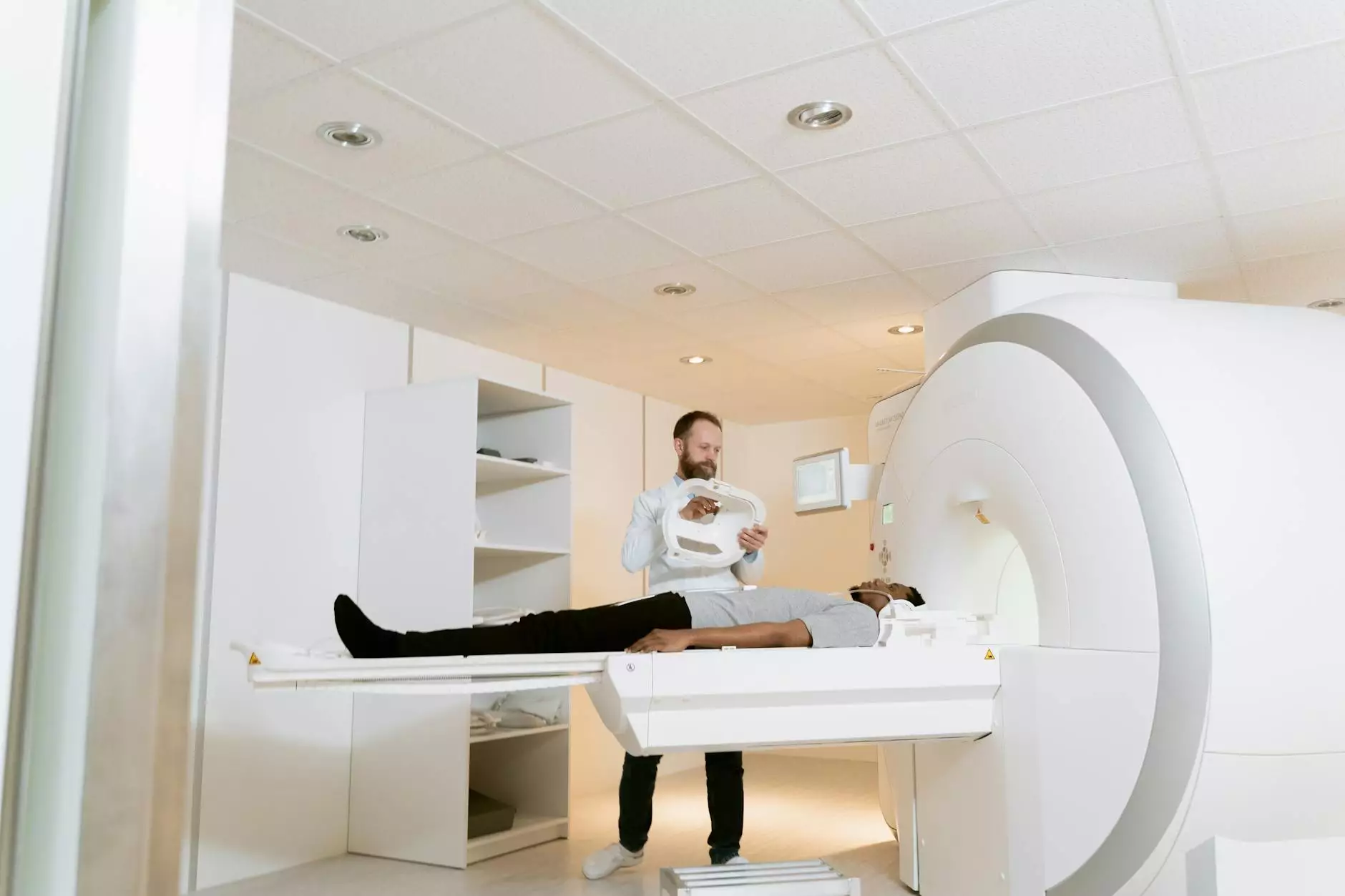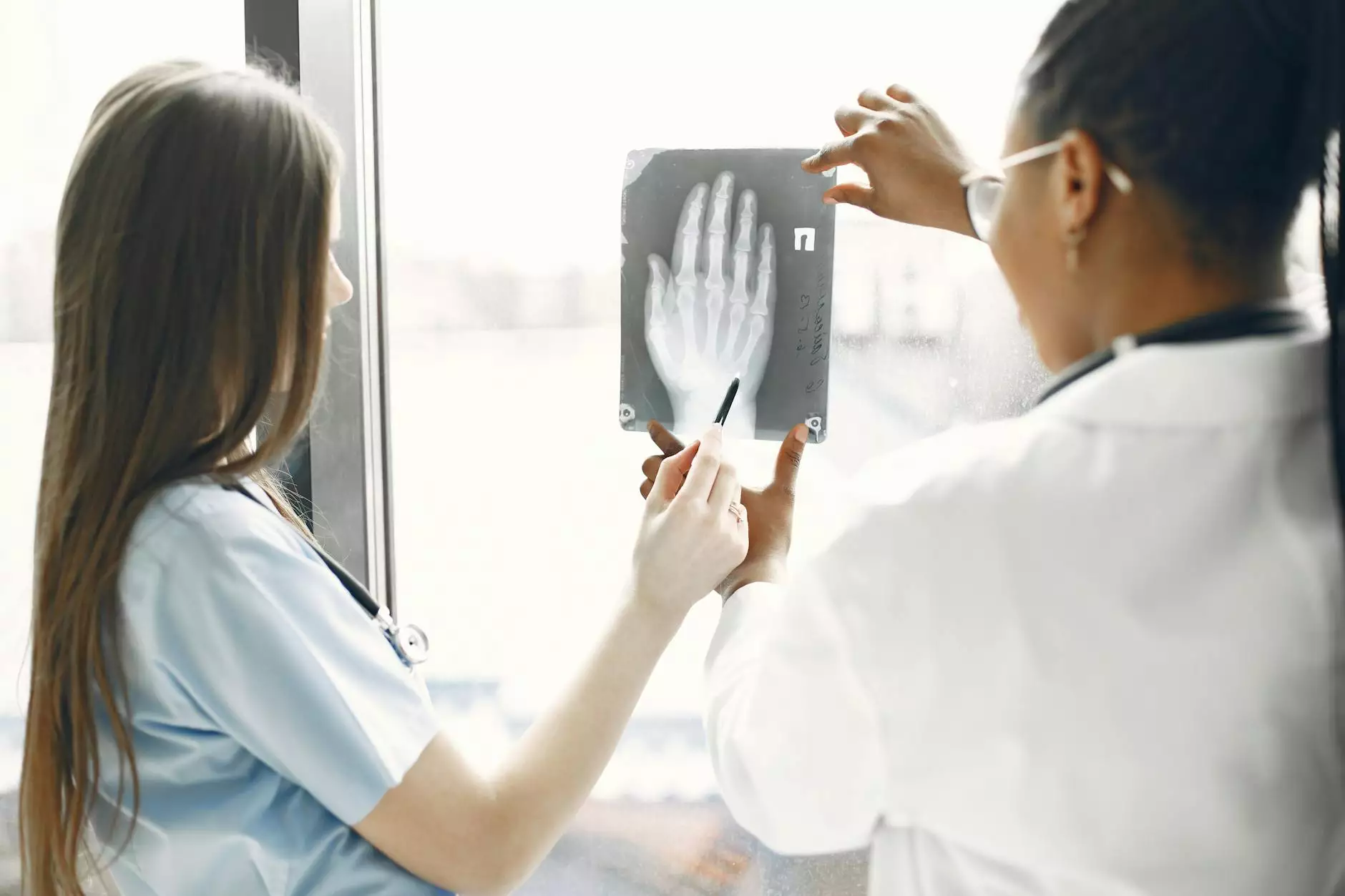Buy Medical Device: Enhancing Safety with Radiation Shielding Materials and Devices

In today’s fast-paced medical environment, ensuring patient safety and employee protection is a top priority. This is especially true when considering the use of radiation in medical procedures. Therefore, understanding how to buy medical device options such as radiation shielding materials and devices is essential for healthcare providers and facilities.
The Importance of Radiation Shielding in Healthcare
Radiation plays a critical role in various medical diagnostics and treatments, including X-rays, CT scans, and radiation therapy. However, exposure to radiation can pose serious health risks; thus, implementing effective shielding solutions is crucial. Here are some key reasons why radiation shielding is essential:
- Protecting Patients: Shielding minimizes the radiation dose received by patients during diagnostic procedures.
- Ensuring Staff Safety: Healthcare workers are at risk of cumulative radiation exposure, making effective shielding vital for their long-term health.
- Regulatory Compliance: Medical facilities must adhere to safety regulations regarding radiation exposure, which necessitates appropriate shielding solutions.
What to Consider When Looking to Buy Medical Devices
Purchasing medical devices, particularly those related to radiation protection, involves careful consideration of several factors:
1. Type of Shielding Material
Radiation shielding materials come in various forms, such as lead, concrete, and specialized composites. The choice of material will depend on the type of radiation (e.g., X-ray, gamma rays) and the specific application. When you buy medical device, ensure that the shielding material has been tested and meets industry standards.
2. Quality and Certification
Look for devices that have undergone rigorous testing and are certified by recognized organizations. This ensures that the devices meet the necessary safety and effectiveness requirements. Quality should never be compromised when it comes to patient and staff safety.
3. Cost and Budget Considerations
While it's tempting to opt for the cheapest option, it’s vital to balance cost with quality and effectiveness. It might be worth investing a bit more in a high-quality device that provides better protection over the long term.
4. Supplier Reputation
Choosing a reputable supplier is crucial. Look for providers with a proven track record in the medical equipment industry and check for customer reviews and testimonials. OVM Device, for example, specializes in high-quality radiation shielding materials.
Types of Radiation Shielding Devices
When considering how to buy medical device options for radiation shielding, familiarize yourself with the various types of devices available:
Lead Aprons
Lead aprons are a common line of defense against radiation exposure for medical personnel. They are designed to protect vital organs during radiological procedures.
Lead Shields
Lead shields come in various configurations, including mobile and fixed options. They provide a barrier between the radiation source and individuals in the vicinity, making them essential in any radiological environment.
Protective Barriers
These barriers can be installed in procedural rooms to provide a consistent line of defense against scattered radiation. They are typically made from heavy-duty shielding materials to ensure effectiveness.
Radiation Shielding Glass
Often used in procedure rooms that require observation, radiation shielding glass allows visibility while effectively blocking harmful radiation.
Choosing the Right Radiation Shielding Material
When you're ready to buy medical device, it’s important to know the advantages of different shielding materials:
1. Lead
Lead has been a primary material for radiation shielding for decades due to its high density and effectiveness. It’s particularly useful for areas where high radiation levels are present.
2. Concrete
Concrete is an effective shielding material, especially for permanent installations. It is often used in the construction of walls in radiology departments.
3. Composite Materials
Advanced composite materials are becoming increasingly popular as they can provide adequate protection while being lighter and easier to handle than traditional lead solutions.
Regulatory Considerations
Before purchasing any radiation shielding devices, it's essential to understand the regulatory requirements that govern their use. Agencies like the Nuclear Regulatory Commission (NRC) and state health departments have specific guidelines that must be adhered to in order to ensure safety and compliance.
Conclusion: Securing Your Medical Facility
The healthcare sector is continuously evolving with new technologies and methodologies. As you think about how to buy medical device options, consider investing in high-quality radiation shielding materials and devices. By taking proactive steps to implement effective shielding, you are not only safeguarding your patients and staff but also positioning your facility as a leader in safety and care.
Final Thoughts: Trust OVM Device for Your Medical Needs
At OVM Device, we provide cutting-edge radiation shielding solutions that meet the highest standards of effectiveness and safety. Our products are designed to ensure minimal radiation exposure while delivering quality care in medical environments. For expert guidance on how to buy medical device tailored to your specific needs, don’t hesitate to contact us.
Contact Us
If you have any questions or need assistance, feel free to reach out. Our team is dedicated to helping you find the optimal radiation shielding solutions for your medical practice.



